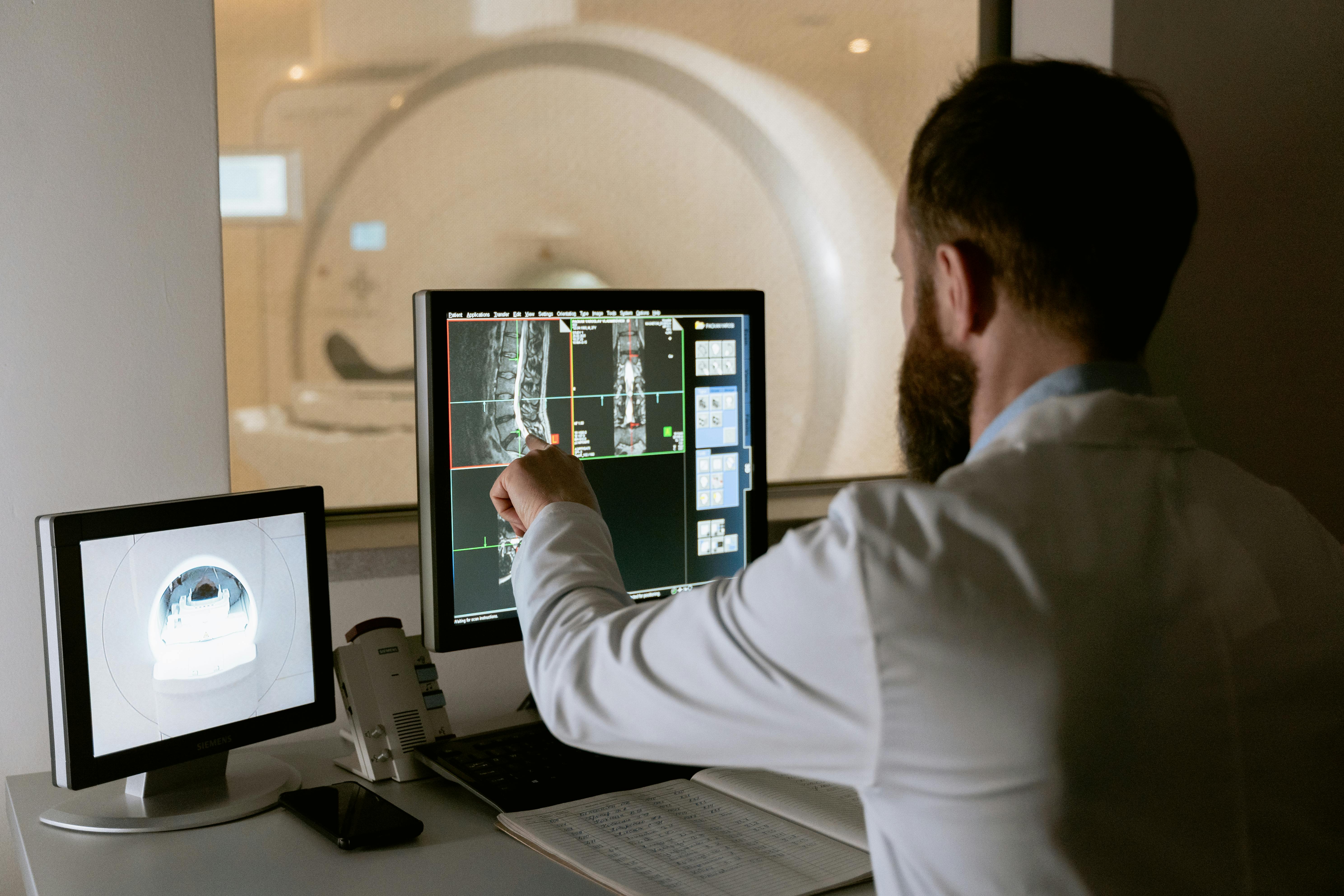Jul 1, 2025
IC Targets acquires CardiNor AS to strengthen Heart Failure Diagnostics
IC Targets AS announced the acquisition of CardiNor AS
A Norwegian diagnostics company, dedicated to advancing heart failure detection through its patented secretoneurin (SN) blood biomarker. The acquisition supports IC Targets’ mission to advance precision diagnostics in heart failure through its proprietary MRI contrast agent, mangafodipir.
This strategic acquisition strengthens IC Targets’ pipeline by integrating CardiNor’s SN blood test with IC Targets’ proprietary contrast agent, mangafodipir. The combination offers a unique, personalized diagnostic solution: elevated SN levels indicate potential cardiac dysfunction, guiding the use of mangafodipir-enhanced MRI for structural and functional heart disease assessment.
“CardiNor’s SN biomarker is a powerful tool that complements our imaging technology,” said Håkon Sæterøy, Chairman of IC Targets AS and newly elected Chairman of CardiNor AS. “Together, these platforms support precision medicine by ensuring the right patient receives the right diagnostic and treatment pathway at the right time.”
IC Targets plans to incorporate SN testing into its upcoming Phase IIB clinical trial of mangafodipir for cardiac disease, scheduled for 2026. Beyond its role as a companion diagnostic, SN represents a commercial opportunity as both a research-use product and a CE-marked IVD.
With this move, IC Targets not only secures valuable diagnostic technology but also aims to expand its presence in the growing heart failure diagnostics market, a field with over 64 million patients globally and rapidly increasing demand for accurate and early detection tools.
Further updates on the integration and commercialization of CardiNor’s technology will be provided in the coming months.
About IC Targets AS
IC Targets AS (ICT) is a Norwegian biotech company developing manganese-based contrast agents to address unmet medical needs. ICT has developed a new, cutting-edge procedure for Magnetic Resonance Imaging (MRI) of the heart using its proprietary contrast agent, mangafodipir. Mangafodipir, previously marketed by GE HealthCare as Teslascan® for liver and pancreas imaging, is currently being evaluated in a Phase IIA trial for heart failure imaging. With exclusive global rights from GE HealthCare and a strong IP portfolio, IC Targets is positioned to address unmet needs in cardiovascular imaging. The company is privately held and financed by equity investors, Innovation Norway (innovation loan) and the Research Council of Norway (grant).
About CardiNor AS
CardiNor AS is a Norwegian diagnostics company with the purpose of fighting the heart failure epidemic by leveraging the patented blood biomarker secretoneurin (SN). The company is privately held and has invested MEUR 5 in developing CE-marked and research-use SN assays. CardiNor has established international collaborations and distribution networks in key markets across Europe, the US and markets in South America and Asia, however up to now with low sales reported.
The new owner will carefully consider the best plan to exploit the commercial potential for the SN products, most probably in a cost-efficient cooperation with IVD partners, service laboratories and distributors.
About Secretoneurin
Secretoneurin (SN) is a blood-based neuropeptide biomarker produced by heart and neuroendocrine cells. It is a strong, independent predictor of mortality in patients with ventricular arrhythmia, acute heart failure, and other cardiovascular conditions.
Unlike conventional cardiac biomarkers, SN reflects calcium imbalance – an underlying driver of arrhythmias, and heart failure – making it a valuable complement to ECG, echocardiography, and cardiac MRI. Its unique profile supports its use in prognosis, risk stratification, and therapy monitoring, alongside biomarkers like BNP and troponin.
About Heart Failure
Heart failure (HF) is a leading cause of death and hospitalization worldwide, yet diagnosis often comes too late for effective treatment. Current tools lack the precision, speed, and ease-of-use needed for early detection, resulting in poor outcomes and high healthcare costs.
A major gap exists in diagnosing underlying disease mechanisms, such as fibrosis and calcium channel dysfunction, which are critical for targeting emerging therapies. Addressing this gap could transform care by enabling earlier, more personalized intervention.



